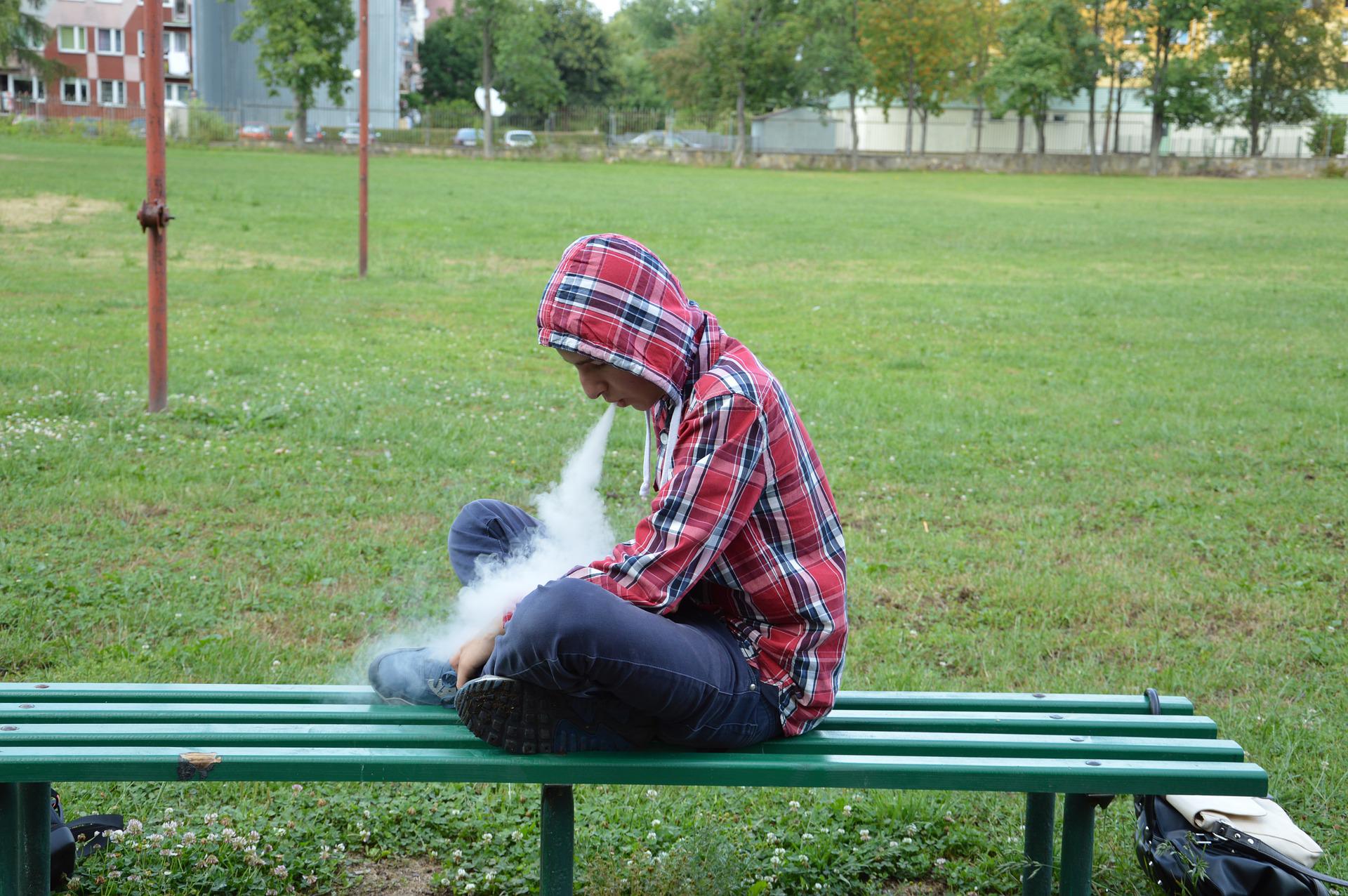Media release
From:
Global study assesses teen vaping
In a study published in Addiction that analyzed 2015–2018 information from 47 countries, approximately 1 in 12, or 8.6%, of adolescents reported vaping in the past 30 days. Countries with higher tobacco taxes tended to have higher adolescent vaping.
The prevalence of frequent vaping was much lower: only 1 in 60, or 1.7%, had vaped more than 10 days in the past month. This suggests that most adolescents who vaped were experimenting with e-cigarettes or using them infrequently rather than habitually.
The study drew on data provided by 51,960 adolescents (typically ages 13–15 years) from lower-middle, upper-middle, and high-income countries who participated in the World Health Organization’s Global Youth Tobacco Survey.
“Prevalence rates of frequent vaping among young people are low globally. However, we need to have comprehensive policies, such as strict enforcement of age restrictions, taxation, limiting nicotine concentrations, and advertising bans, to prevent uptake among young people,” said lead author Gary C. K. Chan, PhD, of the National Centre for Youth Substance Use Research at the University of Queensland, in Australia.



 Australia; QLD
Australia; QLD



